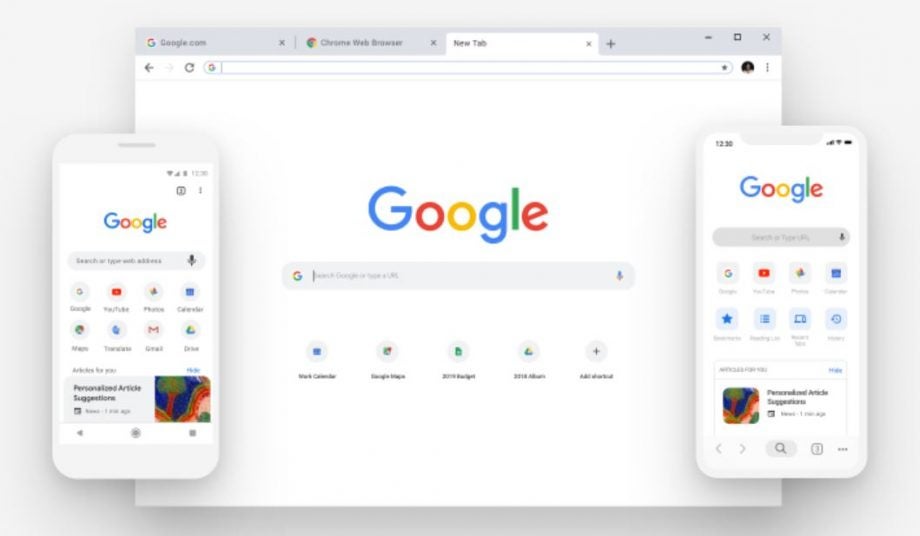Google won’t be blocking cookies from tracking you any time soon

Google has announced a new initiative to boost privacy on the web but getting rid of tracking cookies isn’t part of the plan.
The tech giant announced the Privacy Sandbox initiative last week, sharing its hopes to boost data protection on the internet – without taking its hand out of the cookie jar.
The company argued that blocking cookies seriously affects publishers’ income, citing researchers that spotted a 52 percent drop in funding when advertisements are not tailored to their audience. Google stated that demonetising publishers in this way “jeopardizes the future of the vibrant web” and said that attempts at improving privacy by other browsers are being met with “unintended consequences”.
Related: Best VPN 2019
“Many publishers have been able to continue to invest in freely accessible content because they can be confident that their advertising will fund their costs”, explained Chrome Engineering director Justin Schuh. “If this funding is cut, we are concerned that we will see much less accessible content for everyone”.
Coincidentally, Google also runs the only browser standing to screw itself over by blocking cookies, with a lot of Google’s funding coming from ad ventures so we should probably take the company’s passionate defense of cookies with a grain of salt.
Related: Chrome users could soon block tracking cookies, but not those from Google – Report
Google was quick to shift the blame onto other techniques, claiming that if we continue to limit cookies, websites will resort to sneakier means of collecting personal data such as fingerprinting.
Fingerprinting is a data harvesting technique that involves sites picking up small pieces of information about your browser – such as the fonts your have installed, your extensions and what devices you browse on – to build a unique profile on you as an individual. The perpetrator can then track your browsing habits across the web and use that info to target ads in the same way that cookies do. One major difference between the two techniques, however, is that fingerprint data cannot be cleared or limited the way that cookies can.
Related: Firefox 63 kills tracking cookies – here’s how to enable the feature
At its annual I/O conference back in May, Google unveiled plans to step up the classification system for cookies, make the settings that control them easier to find and navigate and to strengthen its fight against fingerprinting, claiming that these changes will “improve transparency, choice, and control”. What it does gloss over is the lack of control and privacy users already feel when it comes to cookies tracking them across their browser.


